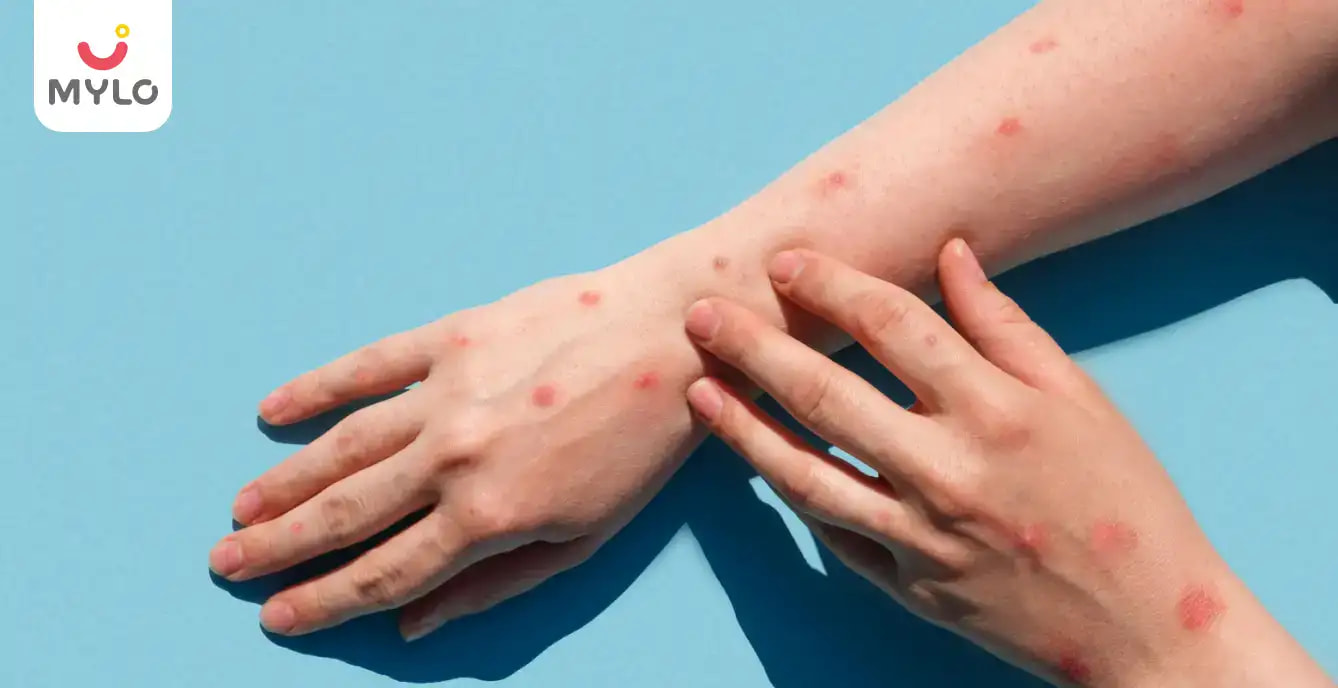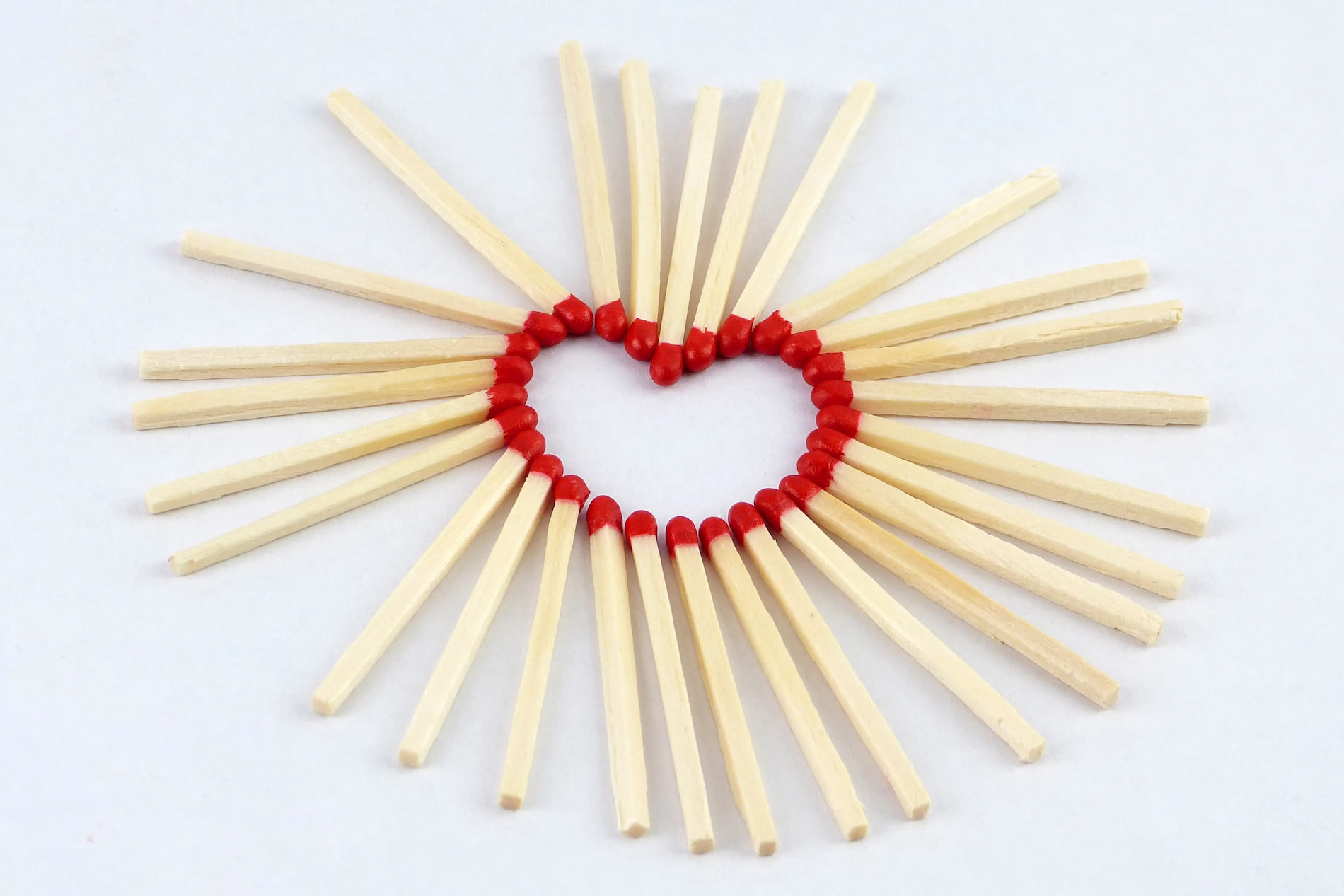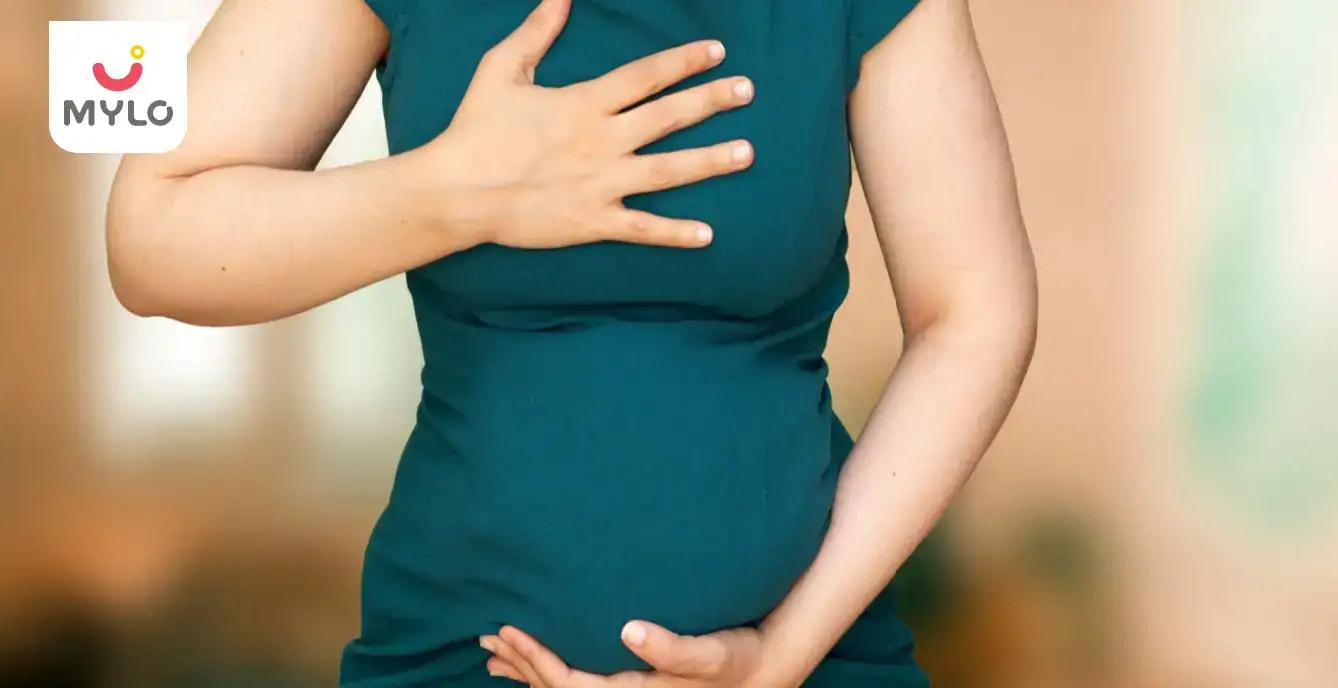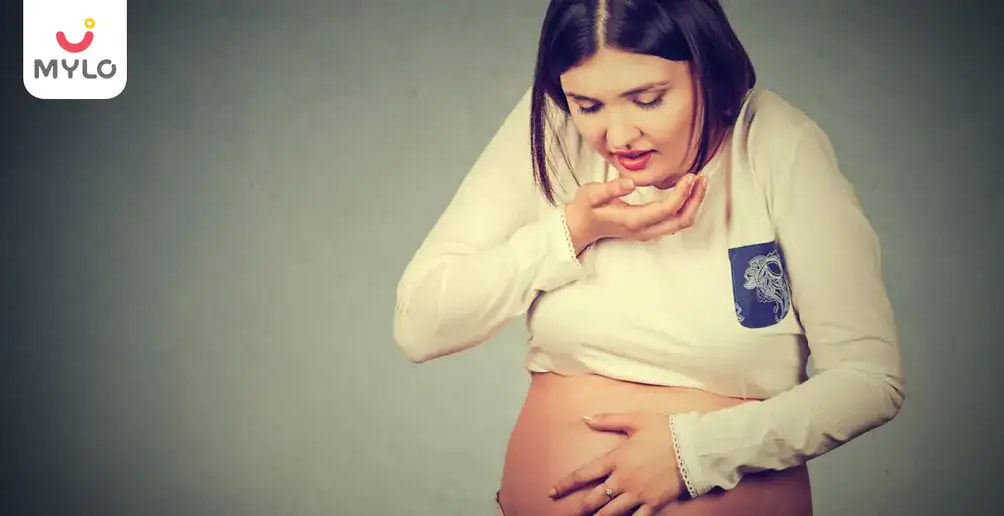Home

Third Trimester

Obstetric-Cholestasis: Causes, Symptoms & Treatment
In this Article
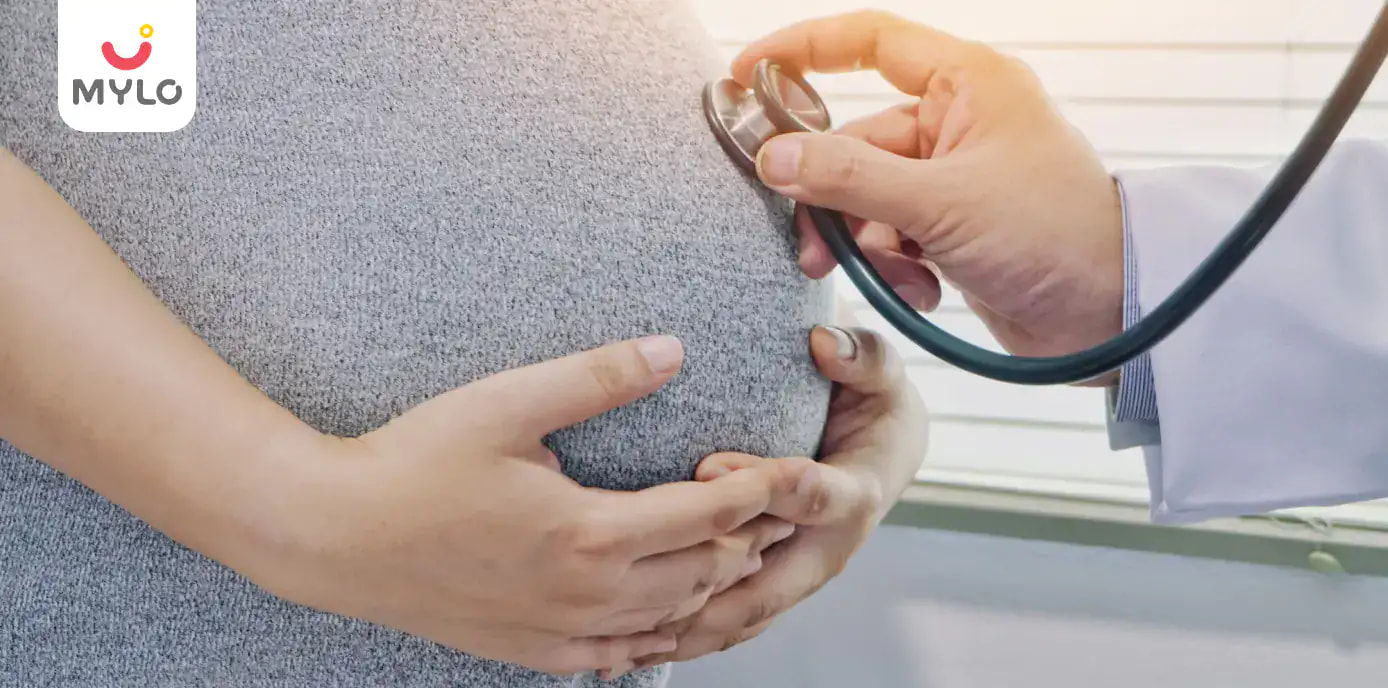
Third Trimester
Obstetric-Cholestasis: Causes, Symptoms & Treatment
Updated on 15 March 2023
Are your hands itching severely? Are you feeling intense itching throughout your body parts during pregnancy? Then it might be due to what is called obstetric cholestasis, a case wherein your blood generates bile acids. This mainly happens at the trimester of your pregnancy. Though itching is severe, it happens with no particular rashes and there is nothing to panic or worry about. But this might actually put your baby or you in danger. Usually one or two in thousands of pregnant women, face this cholestasis of pregnancy.
In order to avoid complications, let's look into this a little deeper for a better understanding.
You may also like to read : High Risk Obstetrician Risk & Factors
What causes cholestasis during pregnancy?
It is actually a liver disease where your liver could not generate enough bile: a fluid that digests fat which is required for your body to function. This will ultimately affect your baby and lead to pregnancy complications. At times, doctors might go for an early delivery decision looking into the risks.
Such a condition arises mainly due to pregnancy hormones and also due to genetic disorders. When you are nearing your due date, the bile in the liver slows down its processes and abrupts the functioning of breaking down fats in your digestive system. As a result, the bile salts gets stored in huge and enter the bloodstream of your body. This, in turn, results in severe itching.
What are the symptoms of cholestasis of pregnancy?
Here are symptoms of cholestasis of pregnancy to keep an eye out for:
-
Depression
-
Itching in hands and feet with no rashes. Also in other body parts.
-
Dark colored urine
-
Fatigue
-
Right upper quadrant pain
-
Pale colored bowel movements
-
Nausea
-
Jaundice
-
Pain in the liver ( rare case)
How does your doctor diagnose cholestasis of pregnancy?
Reach your doctor immediately if you find signs of severe itchiness. Your doctor will check your liver health through ultrasound scans, monitor your bile acid levels and will also check your blood levels entirely. You might also be asked for family history in such a case before beginning the treatment.
How early does a pregnant woman get cholestasis?
Though the piling up of bile acids occur at a later stage during trimester due to slow of liver functions, it is not necessary to be the only possible stage of occurrence. You can face cholestasis in pregnancy as early as in your eighth week as well.
How to treat obstetric-cholestasis?
Treatment is not necessary if the condition is mild. Post pregnancy, obstetric cholestasis will disappear on its own. And if you ever have to treat it, it is just to deal with the itchiness caused and you must find ways to improve your liver health in order to avoid piling up of bile.
-
Take some medications as prescribed by your doctor
-
Have a bath and apply coconut oil to the affected areas
-
Soak your itching spots in lukewarm water and dab with baking soda
-
Apple cider vinegar is also an effective remedy for itchiness
-
When it comes to intake of food, focus on those that can build your liver strength.
-
Increase your intake of vitamin K to avoid hemorrhage.
-
Undergo a non-stress test to check your baby’s health
-
Test your blood regularly to check the bile fluid levels
-
Taking vitamin K supplements
-
Inducing steroids in order to improve the baby’s liver functions ( under doctor’s guidance)
Also, doctors might first diagnose the underlying cause that is causing the bile acids to back up. It might be due to a tumor, or a gall bladder stone or even due to other medications. Next, treatment is planned accordingly.
Some women treat obstetric cholestasis with creams, lotions, and herbs. But it is advised to consult your doctor before you treat your itchiness just to refrain from worst cases.
What are the risk factors of cholestasis of pregnancy?
You might be wondering what would be the factors that might lead to cholestasis? Risk factors that lead to such a situation are - your family member might be having one already, the chances of having cholestasis in pregnancy increases if you have a twin baby, if your earlier pregnancy had one, there are 60 - 90% chances of recurring again in your second pregnancy.
Cholestasis in pregnancy also arises due to in-vitro fertilization or due to liver damage in the past. This can also lead to obesity, cardiovascular disorders, and metabolic disorders during your child’s adulthood.
How dangerous is cholestasis of pregnancy?
While the mother might face liver problems and find difficulties in intake of fat-soluble supplements, it is nothing to worry about. Post pregnancy, the liver functions are likely to get resolved if cholestasis has arisen only due to her pregnancy.
But the infant might face some serious problems like:
-
Preterm birth as the baby is using the mother’s liver functions for breathing, it might find it difficult with the mother’s backup of bile acids in the liver. And this results in preterm birth.
-
The infant might have difficulty breathing if the baby is delivered before the due date and if his/her lungs aren't fully grown.
-
At times, it might also lead to stillbirth ( death of the baby ).
How to prevent cholestasis of pregnancy?
In order to avoid complications and prevent cholestasis of pregnancy:
- Undergo frequent ultrasound scans to monitor the baby’s health
- Regular blood tests to ensure the levels of bile fluids and liver functions are safe
- Measurement of fetal heartbeats according to the movements
- Non-stress test to monitor the baby’s movement
You may also like to read : The Daily Balanced Diet of a Pregnant Woman: What to Eat and Avoid
Diet to follow to manage cholestatis of pregnancy
Following a healthy and balanced diet will help you in many ways in fighting obstetric cholestasis during pregnancy:
-
Avoid alcoholic drinks and sodas. Alcohol isn't going to lead to cholestasis of pregnancy but it will affect your liver functions drastically.
-
Drink a lot of water every day say upto 8 glasses.
-
Eat a lot of fresh fruits and vegetables every day like pineapple, avocado, corn.
-
Refrain from soy products, processed food, junk food, and fat prone to food.
-
Fat fill dairy products, sugary substances, and preservatives must also be avoided.
-
Even the way you cook your food matters. Opt for less fried food and go for organic food that is less or no chemicals in it.
Above all, consult your doctor regarding your diet plan and routine.
Alternatively, you can also discuss this with your friends and other family members who went through obstetric cholestasis during their pregnancy. In fact, that will give you a clearer idea to take the right measures.



Written by
Ravish Goyal
Official account of Mylo Editor
Read MoreGet baby's diet chart, and growth tips

Related Articles
Related Topics
RECENTLY PUBLISHED ARTICLES
our most recent articles
Parenting Tips
Adjusting kids to a school can be challenging. Here are 7 tips to help your child adjust to school.
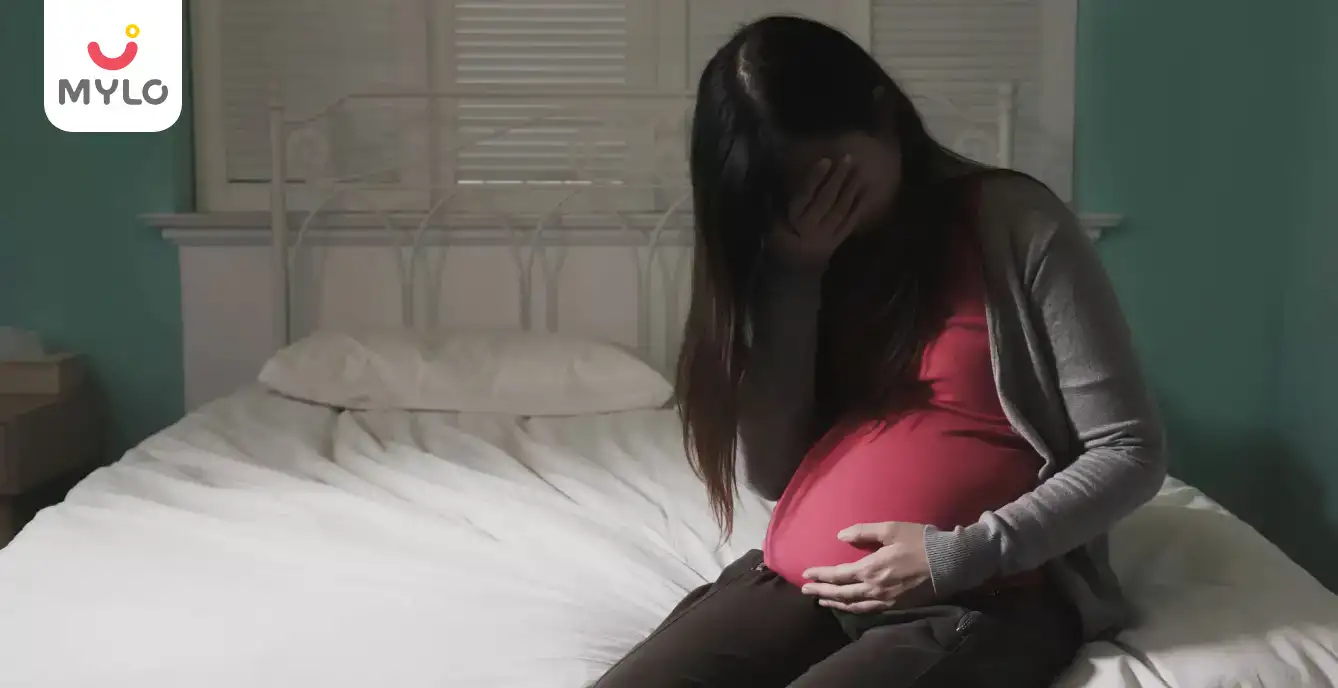
Emotional Wellness
Crying During Pregnancy Causes, Effects & Treatment
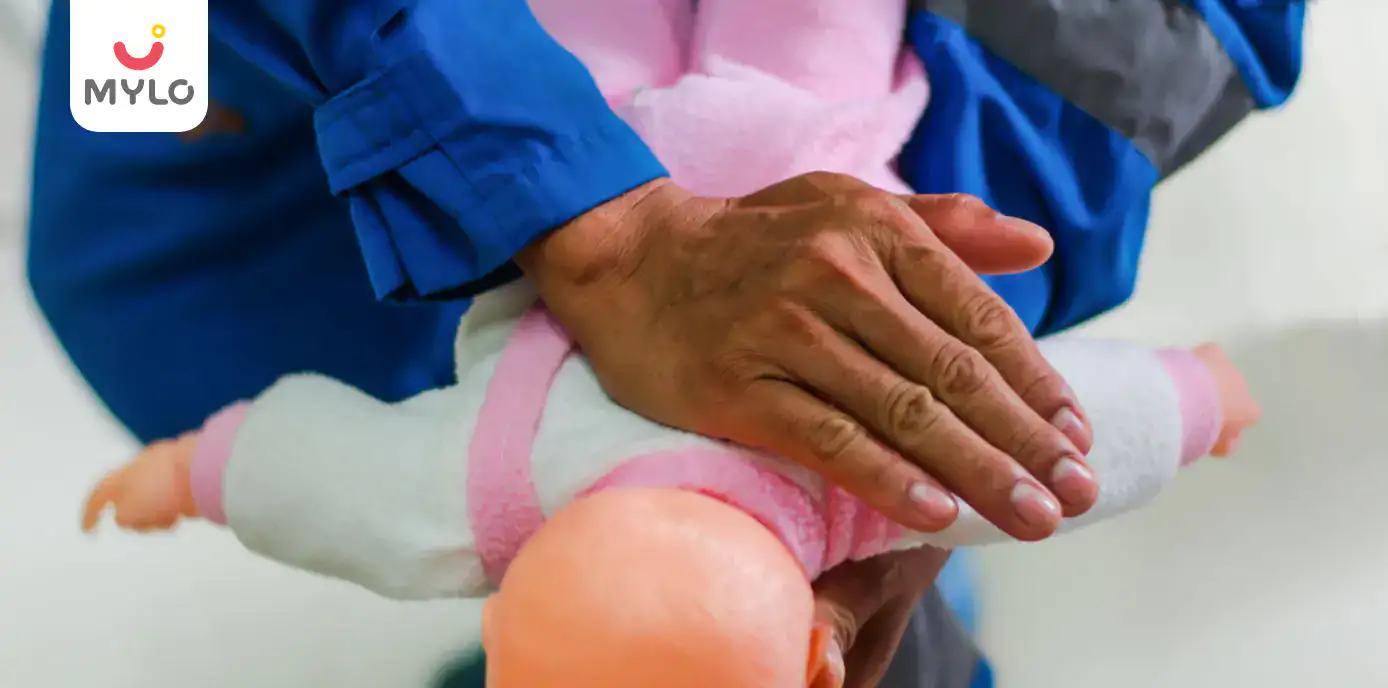
First Aid
Infant Choking: Prevention & Causes
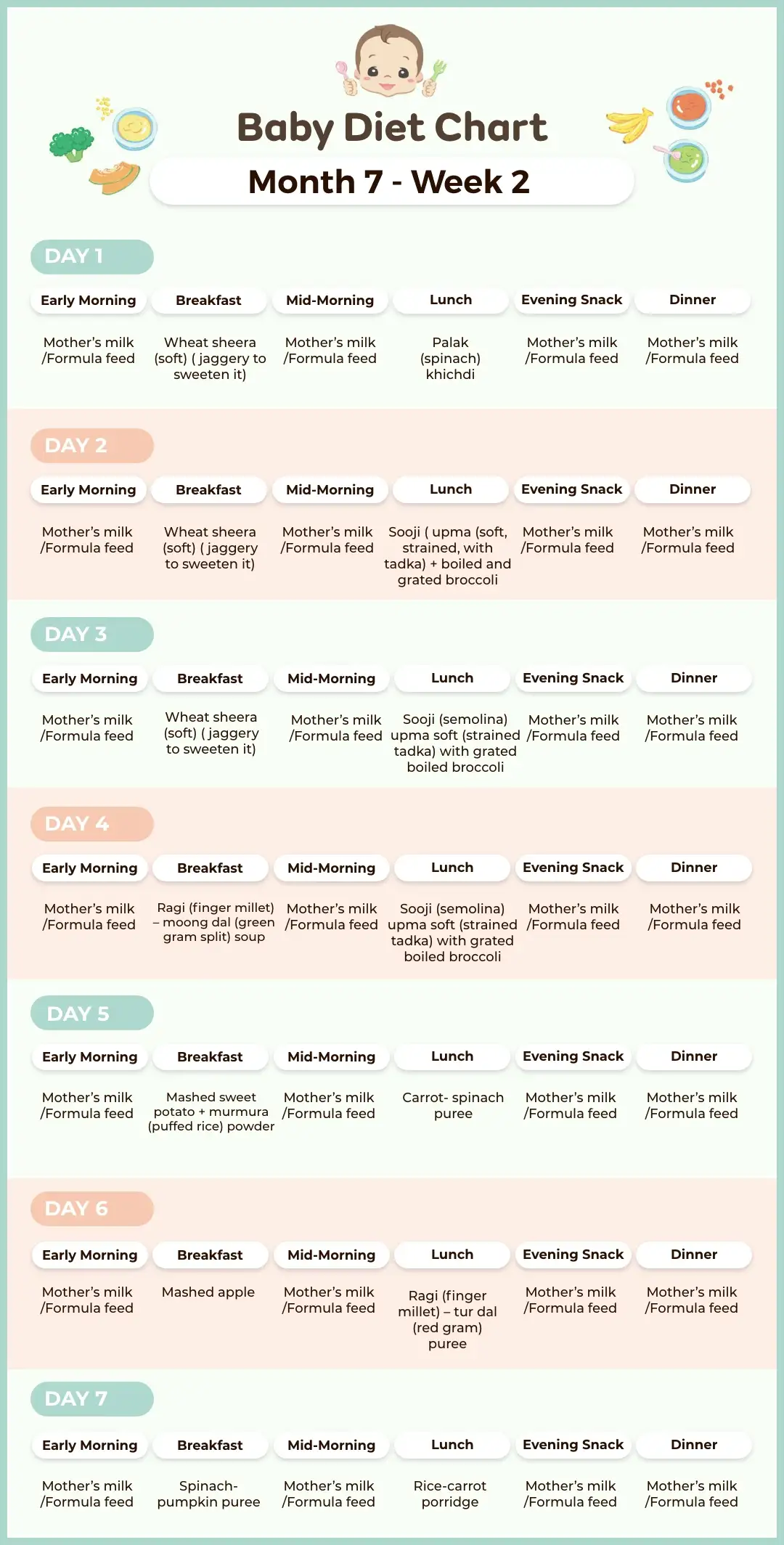
Diet & Nutrition
Indian Food Chart for Your 7-Month-Old Baby – Week 2
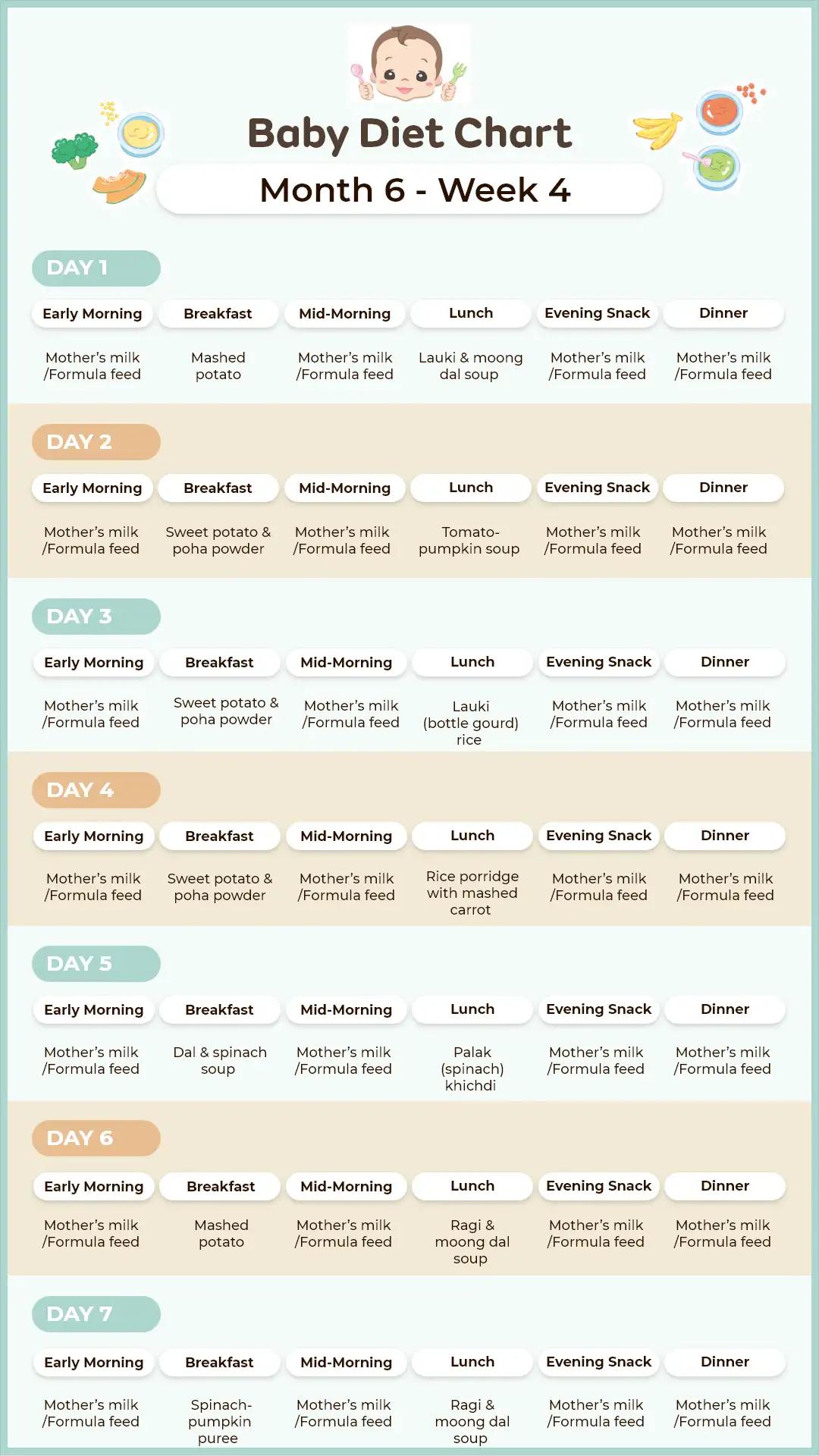
Diet & Nutrition
6-Month-Old Baby Food Chart/Meal Plan - Week 4
Gas & Bloating
Ways in Which You Can Avoid Gassiness During the Pregnancy Period.
- Extinguishing pregnancy heartburn in the most effective way!
- Heartburn during pregnancy is common... but the night-time heartburn is a pain. Here's how to control it
- Potatoes During Pregnancy: Benefits & Risks
- What is the common cause of food aversions during the pregnancy period and ways to manage it?
- Till what age do babies typically start talking?
- Are you Concerned about rectal bleeding in your pregnancy? Here're some relief tips for you!
- Diagnosis and Treatment of Vaginal infections during pregnancy to prevent any complications
- 8 Ways to Empower Women with Digitalisation this International Women's Day
- Navigating Hypothyroidism and Pregnancy: Tips for Expecting Moms
- Top 10 Post-Holi Detox Tips to Cleanse Your Body
- Holi-Proof Your Skin and Hair with These 10 Natural Tips
- Placenta Abruption: Causes, Symptoms and Treatment
- 8 Holi Dishes That Will Add Flavour to Your Holi Party
- Your Guide to Vitamin C: Benefits, Daily Requirements & Sources


AWARDS AND RECOGNITION

Mylo wins Forbes D2C Disruptor award

Mylo wins The Economic Times Promising Brands 2022
AS SEEN IN

- Mylo Care: Effective and science-backed personal care and wellness solutions for a joyful you.
- Mylo Baby: Science-backed, gentle and effective personal care & hygiene range for your little one.
- Mylo Community: Trusted and empathetic community of 10mn+ parents and experts.
Product Categories
baby carrier | baby soap | baby wipes | stretch marks cream | baby cream | baby shampoo | baby massage oil | baby hair oil | stretch marks oil | baby body wash | baby powder | baby lotion | diaper rash cream | newborn diapers | teether | baby kajal | baby diapers | cloth diapers | laundry detergent 6472 | lactomama lactation granules |



